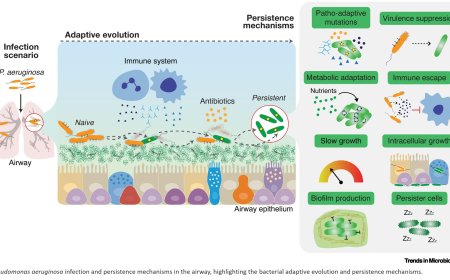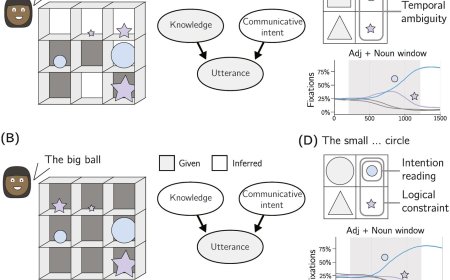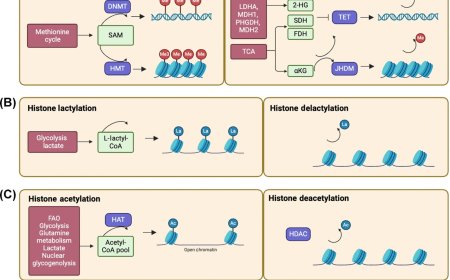Neuroinflammation in Alzheimer disease

There is strong evidence for an inflammatory component of Alzheimer disease.
Extrinsic factors, such as brain trauma, diet, systemic and local infections, and the gut microbiota, have an impact on the inflammatory component of Alzheimer disease.
Factors intrinsic to the host, including microglial phagocytosis, barrier function in the brain, cellular metabolism and cell senescence, also have a central role in neuroinflammation in Alzheimer disease.
Astrocytes, oligodendrocytes, lymphocytes and peripheral myeloid cells contribute to neuroinflammation in Alzheimer disease.
Vascular cells become activated in Alzheimer disease and a leakiness of the blood–brain barrier is observed.
A contributing role of the glymphatic system has also been described.
New therapeutic approaches based on targeting the inflammatory component of Alzheimer disease are currently being tested in clinical trials. Future trials are also being designed to target these pathways.
https://www.nature.com/articles/s41577-024-01104-7
https://sciencemission.com/Neuroinflammation-in-Alzheimer-disease













